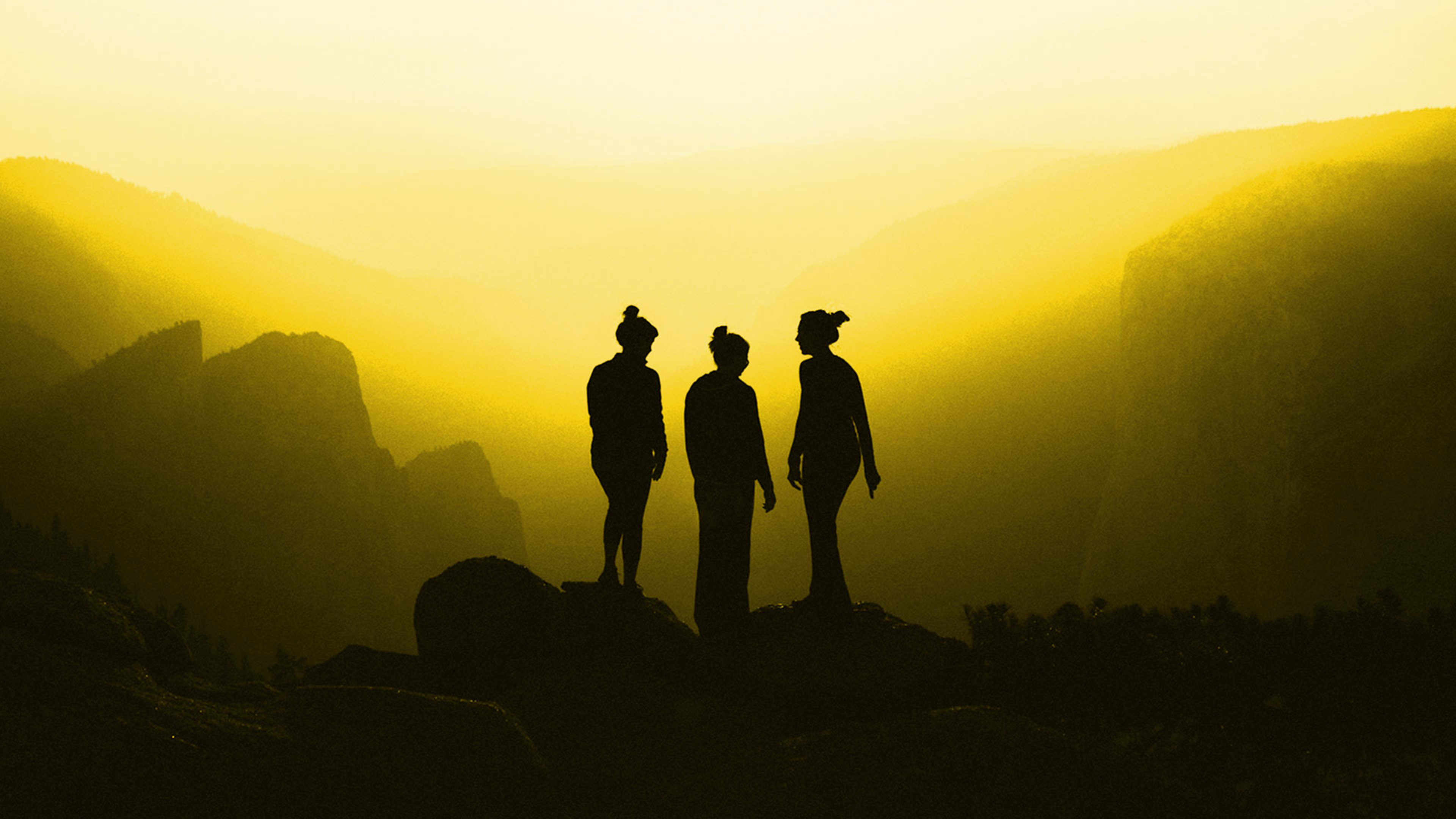The Supreme Court announced its final decision on abortion Friday, overturning the country’s most consequential ruling on abortion. In a 6-3 decision, the court unmistakably shot down the constitutional authority of 1973’s Roe v. Wade. Nearly 50 years after the groundbreaking court decision, the opinion drastically reroutes the trajectory of reproductive freedoms in the United States. Due to trigger laws, there are now 13 states that have banned abortions via trigger laws—and another 13 are close behind.
Recently, a flurry of bans on abortion have been passed, including a law passed by Florida’s governor, Ron DeSantis, which becomes enforceable starting July 1. The law restricts most types of abortion after 15 weeks. Meanwhile, Texas Senate Bill 8, passed in September 2021, signaled a real shift in the fate of abortions, by prohibiting procedures after six weeks. And perhaps most notably, a Mississippi law banning most abortions after 15 weeks, which was at the center of the Supreme Court’s decision.
If you’re wondering what you can do to help protect reproductive rights that are becoming increasingly under threat, here are seven organizations that offer resources, vital services, and other information.
- Planned Parenthood. A nonprofit that operates 50 affiliate locations across the country, where it provides healthcare and education on reproductive rights.
- Center for Reproductive Rights. This advocacy organization focuses on giving legal help and assistance in service of reproductive freedoms. In its interactive project, “What if Roe fell?,” the organization created a visualized representation of potential abortion restrictions, such as TRAP (or “targeted regulation of abortion providers”) laws, parental involvement, and consent laws, which include biased counseling or requiring ultrasounds.
- National Network of Abortion Funds. The organization brings a group of funds together in one place. Donators can contribute to costs throughout a woman’s journey, such travel costs and trickle-down expenditures, which offer essential support to women during the multi-step process of receiving an abortion.
- Abortion Care Network. The national organization represents a body of independent clinics and abortion providers in the U.S. The organizations is gathering donations to help keep abortion clinics operational.
- Sister Song. The organization, with its base in the South, focuses its efforts on supporting the reproductive rights of BIPOC (Black, Indigenous, people of color) women. The group defines themselves as the “largest…multi-ethnic reproductive justice collective” in the country.
- PAI (Population Action International). A nonprofit that advocates for healthcare and family planning by partnering with policy writers and “a network of global partners.” The organization works with women and vulnerable populations. In a statement responding to the Supreme Court’s June 24th decision, PAI’s president stated, “Overturning Roe v. Wade will not reduce the number of people seeking abortions; instead, it will result in more people being harmed or dying in the process of getting unsafe abortions or forced to carry an unwanted pregnancy to term.”
- Guttmacher Institute. A research-focused organization dating back to 1968, this group has tracked legislative action on reproductive healthcare. The organization reports that 2021 was the worst year for reproductive rights, citing a total of 108 restrictions.
Update, June 24, 2022: This post has been updated with new developments about the Supreme Court decision to overturn Roe v. Wade.
Recognize your brand’s excellence by applying to this year’s Brands That Matter Awards before the early-rate deadline, May 3.
